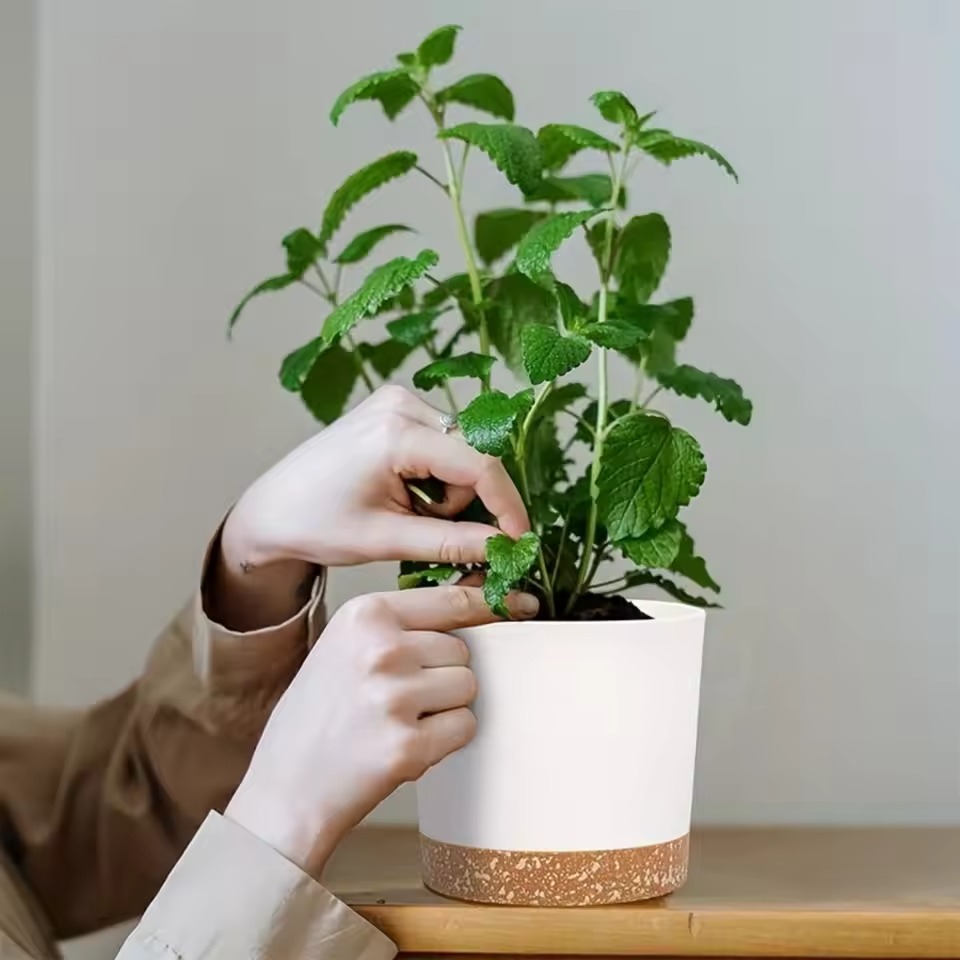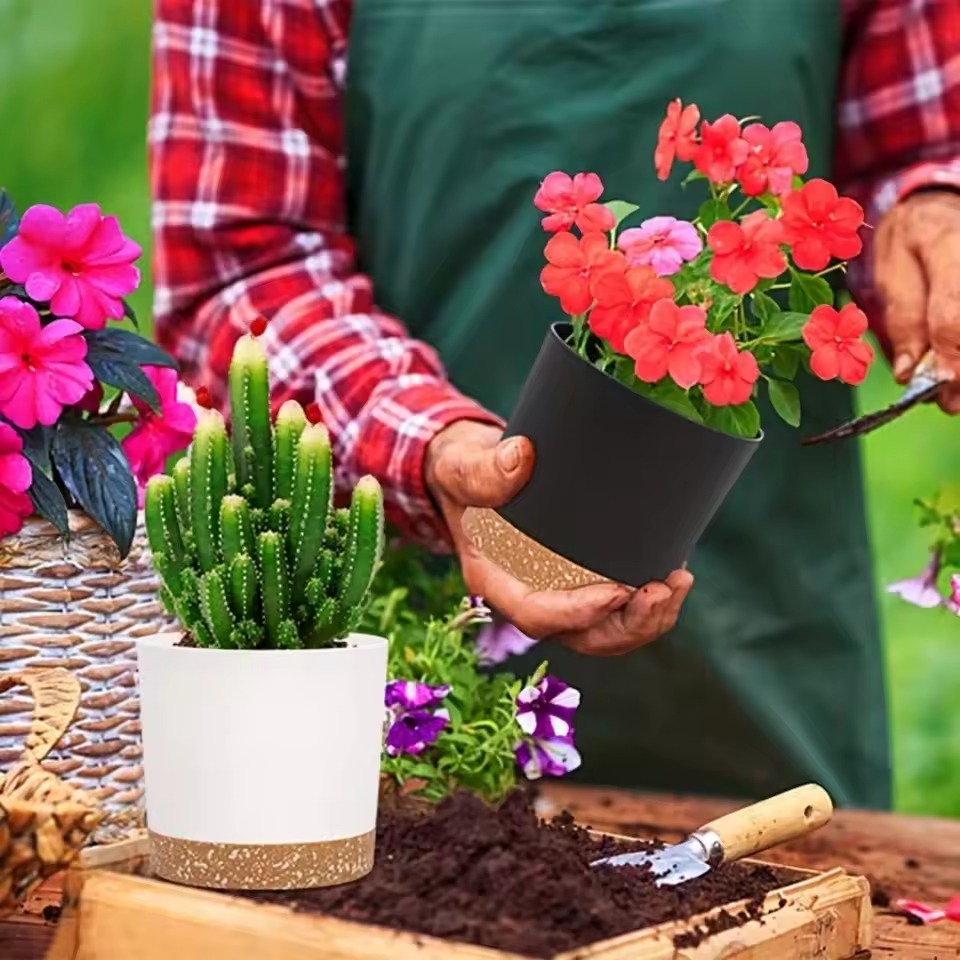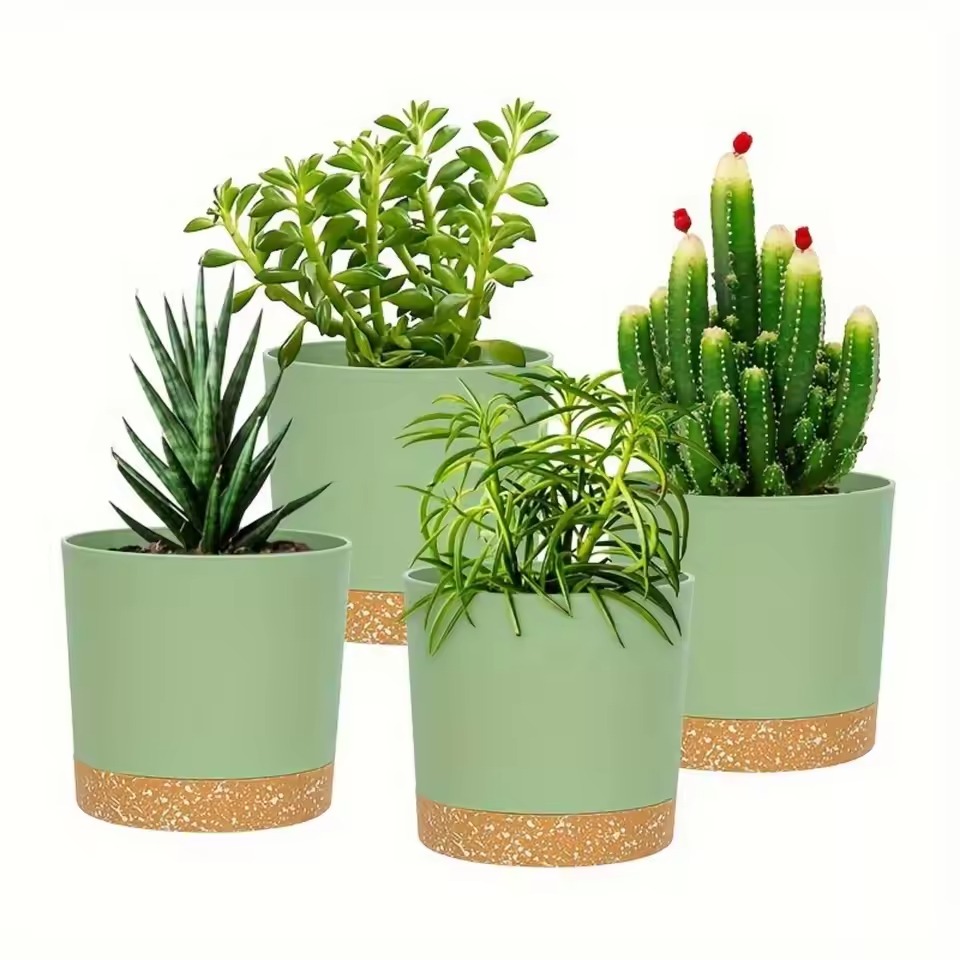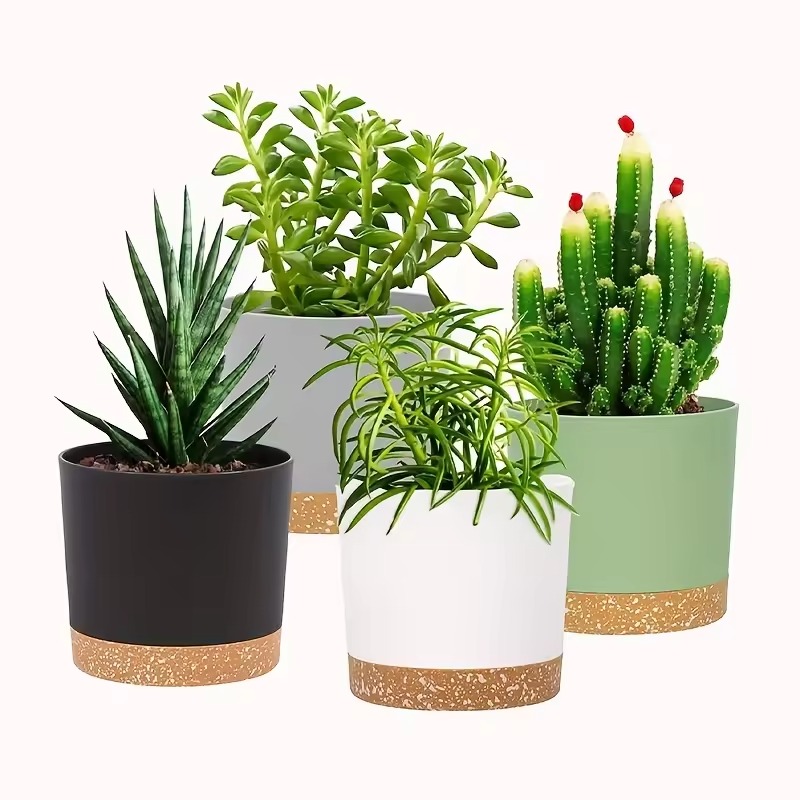Ants can become a significant nuisance when they invade your flower pots, disrupting the health of your plants and the overall aesthetic of your garden. Not only can they create unsightly anthills, but they can also damage the roots of your plants by burrowing into the soil. Moreover, ants often farm aphids, which can further harm your plants. If you find your flower pots overrun with these pesky insects, worry not. We have compiled effective tips for getting rid of ants in your flower pots that are both practical and eco-friendly.
Understanding the Ant Problem in Flower Pots
Why Ants are Attracted to Your Flower Pots
Understanding why ants invade flower pots is the first step to addressing the problem. Ants are generally drawn to pots that offer shelter and easy access to food sources. If you have potted plants that exude nectar or if aphids are present, ants will be attracted to these edible components. Additionally, plants that are weak or compromised can attract ants as they provide an opportunity for easy access to both sugary substances and decaying organic matter. It is essential to inspect your flower pots for signs of aphids or other pests, as they can often lead to more significant infestations if left unchecked.
The Risks of Ant Infestations
While ants can be beneficial for your garden by aerating the soil and controlling other pests, their presence in flower pots can be problematic. They create tunnels in the soil that can damage the roots of your plants, hinder their growth, and potentially lead to plant starvation. Moreover, some species of ants have the potential to harm your plants indirectly. For instance, they may protect aphids, mealybugs, and other pests that feed on plant sap. Identifying the type of ants in your garden can help in devising an effective plan for eradication while minimizing harm to beneficial insects.
Preventative Measures to Deter Ants
Keeping Your Garden Clean
The first line of defense against ant infestations in flower pots is maintaining cleanliness around your garden space. Remove any fallen fruit, debris, and organic matter that can attract ants. Keeping a clean garden not only minimizes food sources for ants but also deters other pests. Additionally, be mindful of any spilled fertilizers and chemicals that can attract unwanted insects. A tidy gardening environment can go a long way in preventing ant invasions. Regularly check your pots for any signs of pest activity or decay, ensuring that any potential attractants are promptly dealt with.
Proper Drainage in Flower Pots
Another effective method for keeping ants away is to ensure proper drainage in your flower pots. Ants thrive in environments that are moist and rich in organic material. Utilizing pots with adequate drainage holes helps prevent water accumulation that can create a perfect breeding ground for ants and other pests. Additionally, consider using a well-draining potting mix and regularly monitor the moisture level in the pots. This practice will help keep your plants healthy while simultaneously making it less inviting for ants.

Natural Remedies to Eliminate Ants
Vinegar Solutions
One of the safest and most effective natural solutions to remove ants from your flower pots is vinegar. Ants dislike the strong scent of vinegar, which can disrupt their pheromone trails. To create a vinegar solution, mix equal parts of water and white vinegar in a spray bottle. Generously spray the affected areas of your flower pots, making sure to cover all visible ants and their trails. This solution not only eliminates ants on contact but can also deter new ants from returning. However, be cautious to avoid spraying directly on the plants themselves as vinegar can harm the foliage if used in excess.
Essential Oils as Ant Deterrents
Essential oils can serve as a robust natural deterrent against ants due to their potent scents. Peppermint, tea tree, and lemon essential oils are particularly effective. To create a repellent, add a few drops of your chosen essential oil to water and spray the mixture around the perimeter of your flower pots and garden. The strong aromas will repel ants while also providing a pleasant scent for the garden. Carry out this treatment regularly, especially after watering, to maintain an effective barrier against re-infestation.
Chemical Solutions for Severe Infestations
Utilizing Bait Traps
In cases of severe ant infestations, commercial bait traps can be an effective solution. These traps contain slow-acting insecticides that ants carry back to their nests, eventually killing the colony from within. When placing bait traps, choose locations around your flower pots where you have observed ant activity, ensuring that they are not accessible to pets or children. Ideal bait traps should be nontoxic and formulated specifically for indoor use if your pots are kept indoors. While these traps can be effective, they should be used as a last resort, as chemical solutions may pose risks to beneficial insects and the broader environment.
Granular Insecticides
If the infestation persists despite your efforts, you might consider using granular insecticides specifically designed for ant control. These granular formulations can be applied around the base of your flower pots to create a barrier. Be sure to read the labels carefully and choose products that are safe for use around plants. It’s advisable to avoid using chemical treatments during the blooming season, as they can harm pollinators and beneficial insects. Always follow safety guidelines to minimize exposure to harmful substances, and consider informing any household members about the chemical treatment being applied.

Attracting Beneficial Insects to Your Garden
Encouraging Predators of Ants
One of the best ways to manage ant populations in your garden is to attract beneficial insects that prey on ants. Ladybugs, lacewings, and certain species of parasitic wasps can naturally control ant populations while promoting a healthier ecosystem in your garden. To attract these beneficial insects, consider planting flowering plants such as yarrow, dill, or fennel. These plants provide nectar and pollen sources that can entice predators into your garden. Additionally, creating habitats with stones, logs, or brush piles can develop a welcoming environment for helpful insects to thrive.
Establishing a Balanced Ecosystem
A balanced ecosystem is vital for sustaining a healthy garden. By maintaining a diverse range of plants and minimizing chemical use, you can promote a habitat that supports a variety of beneficial insects. Planting companion plants also helps repel specific pests, thus reducing the likelihood of ant invasions. For example, marigolds can deter aphids, which in turn eliminates a primary food source for ants. By fostering a complex web of interactions among various plant and insect species, you encourage natural pest control mechanisms that will protect your flower pots from ants.
When to Seek Professional Help
Indicators of a Larger Problem
While DIY methods can be effective in controlling ant populations, some infestations are more stubborn and require professional intervention. If you have tried multiple techniques without success, it may be time to consult a pest control expert. Signs that you need professional assistance may include observing large colonies of ants, finding nests in or around your flower pots, or seeing ants invading your home. Pests that accompany ant infestations, like aphids or cockroaches, can also indicate a broader issue that demands expert analysis.
Benefits of Professional Services
Enlisting the help of professional pest control services provides several benefits. Experts in pest management can identify the specific species of ants, offering tailored solutions for eradication, mitigation, and ongoing prevention. Additionally, professionals can apply advanced methods and eco-friendly treatments that may not be available through retail channels. Engaging a pest control service also saves your time and effort, allowing you to focus on what you love—gardening—while ensuring that your flower pots remain healthy and free of ants.

Conclusion: Maintaining Ant-Free Flower Pots
Successfully managing ant populations in your flower pots requires a multifaceted approach. Understanding the underlying causes of ant attraction, maintaining cleanliness, and implementing both natural and chemical deterrents can significantly reduce ants in your garden. Additionally, fostering a balanced ecosystem by attracting beneficial insects will further support your ant-free goals. Should the need arise, don’t hesitate to seek professional help. By following these effective tips, you can enjoy beautiful and thriving flower pots without the annoyance of ants taking over your space. Your garden deserves to flourish, and with the right strategies, you can ensure it does!
